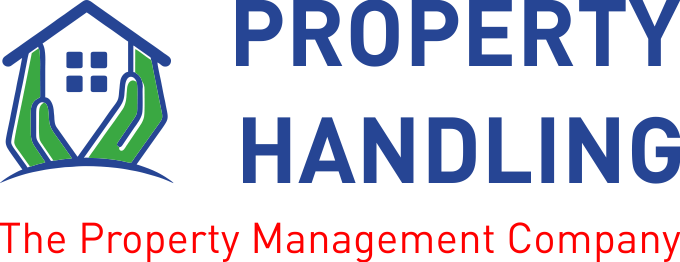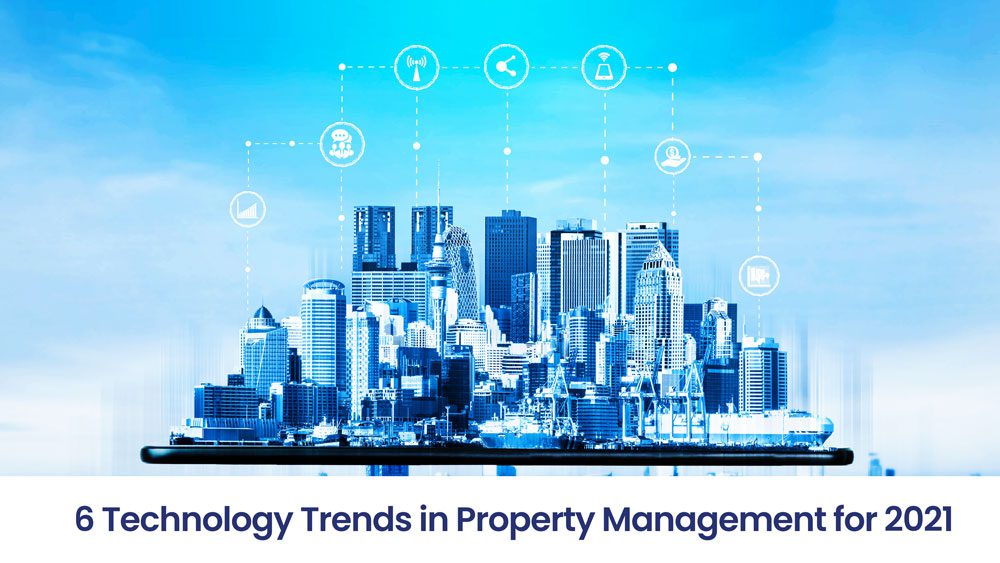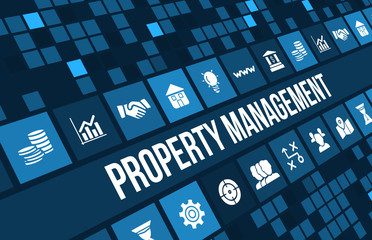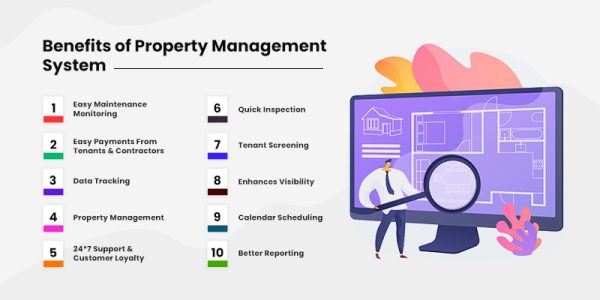
Property Management Services: Navigating Legal and Regulatory Challenges
Navigating legal and regulatory challenges is a critical aspect of providing effective property management services. Property managers must contend with a complex web of laws and regulations that govern various aspects of their operations, from tenant rights and fair housing laws to building codes and safety regulations. In this context, understanding and complying with these legal requirements is paramount for ensuring the smooth operation of rental properties and protecting the interests of property owners and tenants alike. This essay explores the key legal and regulatory challenges faced by property management services and examines strategies for navigating these challenges effectively.
What legal challenges impact property management operations
Property management operations are subject to a myriad of legal challenges that can significantly impact their day-to-day functions and overall success. One prominent challenge is navigating complex landlord-tenant laws, which vary from jurisdiction to jurisdiction and govern various aspects of rental agreements, lease terms, eviction procedures, and tenant rights. Ensuring compliance with these laws is crucial to avoiding costly legal disputes and potential liabilities. Additionally, property managers must contend with fair housing laws and regulations, which prohibit discrimination based on factors such as race, color, religion, national origin, sex, familial status, or disability. Violating fair housing laws can result in severe penalties and damage to a property management company’s reputation.
Furthermore, property managers must adhere to building and safety codes to maintain a safe and habitable living environment for tenants. This includes conducting regular inspections, addressing maintenance issues promptly, and ensuring that properties meet all required standards and regulations. Failure to comply with building codes can lead to fines, lawsuits, and even property condemnation in extreme cases. Another legal challenge for property management operations is liability management, encompassing issues such as premises liability, negligence claims, and insurance coverage. Property managers must take proactive measures to mitigate risks and liabilities, such as implementing proper safety protocols, carrying adequate insurance coverage, and promptly addressing potential hazards or maintenance issues.
Read More About Navigating Property Maintenance: Tips and Best Practices
How do property managers ensure compliance with housing laws
Property managers employ various strategies to ensure compliance with housing laws, which are essential for maintaining a legal and ethical operation while providing efficient and effective services to property owners and tenants. Firstly, staying informed about relevant housing laws and regulations is paramount. Property managers regularly monitor updates and changes to local, state, and federal laws governing rental properties, including landlord-tenant regulations, fair housing laws, and building codes. In addition to staying informed, property managers establish robust policies and procedures designed to uphold compliance standards. This may include implementing thorough tenant screening processes to ensure adherence to fair housing laws, conducting regular property inspections to address maintenance and safety concerns, and maintaining accurate and up-to-date documentation of lease agreements, rental payments, and property-related transactions. Moreover, ongoing training and education for property management staff are essential components of compliance efforts. Property managers equip their teams with the knowledge and skills necessary to understand and apply relevant housing laws and regulations effectively. This may involve training sessions, workshops, or online courses focused on legal compliance, fair housing practices, and ethical property management standards. Lastly, property managers foster a culture of accountability and transparency within their organization, where compliance with housing laws is prioritized and emphasized at all levels. By promoting a commitment to ethical conduct and legal compliance, property managers instill trust and confidence among property owners, tenants, and stakeholders while minimizing the risk of legal disputes and liabilities.
Strategies to mitigate legal risks in property management
Mitigating legal risks in property management requires a proactive approach and the implementation of various strategies to identify, address, and minimize potential liabilities. Firstly, thorough tenant screening is essential to mitigate risks associated with lease violations, property damage, and evictions. Property managers conduct comprehensive background checks, verify income and employment, and assess rental history to identify reliable tenants who are likely to comply with lease terms and regulations. Additionally, property managers prioritize preventive maintenance and property inspections to identify and address potential hazards or maintenance issues promptly. Regular inspections help ensure that properties comply with building codes and safety regulations, reducing the risk of accidents or injuries that could result in legal claims or liabilities Lastly, property managers obtain appropriate insurance coverage to protect against potential liabilities, such as property damage, personal injury claims, or lawsuits. Property managers work closely with insurance professionals to assess risks and secure adequate coverage tailored to their specific needs and circumstances. Overall, by implementing these strategies and adopting a proactive and diligent approach to risk management, property managers can effectively mitigate legal risks and ensure compliance with applicable laws and regulations in their property management operations.
Read More About The Importance of Customer Service in Property Management
How do tech and digital platforms aid compliance
Technology and digital platforms play a crucial role in aiding compliance for property management operations by streamlining processes, improving efficiency, and enhancing transparency. One way technology assists compliance is through specialized software and management platforms designed specifically for property management tasks. These platforms often include features such as automated lease management, rent collection, and maintenance tracking, which help property managers stay organized and ensure that all necessary tasks are completed per legal requirements. Furthermore, digital platforms enable property managers to maintain accurate and up-to-date records easily. By digitizing lease agreements, rental applications, and other documentation, property managers can access important information quickly and efficiently, reducing the risk of errors or oversights that could lead to compliance issues. Furthermore, technology allows property managers to adapt quickly to changes in legal requirements and regulations. Many property management software solutions offer automatic updates and compliance alerts, notifying property managers of changes in laws or regulations that may impact their operations. This ensures that property managers stay informed and can take necessary actions to maintain compliance.
How do property managers stay updated on legal changes
Property managers stay updated on legal changes through various channels and strategies to ensure they remain informed and compliant with evolving regulations. One common method is through professional associations and industry organizations dedicated to property management and real estate. These organizations often provide resources such as newsletters, seminars, webinars, and conferences that cover updates and changes in laws and regulations affecting the industry Additionally, property managers may subscribe to legal publications, websites, or online forums that specialize in real estate law and regulatory updates. These sources regularly publish articles, alerts, and analyses on new legislation, court rulings, or regulatory changes relevant to property management. Lastly, networking with other property managers and industry professionals can be a valuable source of information on legal changes. By participating in industry events, forums, or discussion groups, property managers can exchange knowledge, share best practices, and stay updated on emerging trends and developments in the field.
Services Provided in Hyderabad :
Conclusion :
Property management services face a myriad of legal and regulatory challenges that require careful attention and proactive management. By staying informed about relevant laws and regulations, implementing robust compliance strategies, and leveraging technology and industry resources, property managers can navigate these challenges effectively and ensure the smooth operation of rental properties. Despite the complexities involved, addressing legal and regulatory requirements is essential for safeguarding the interests of property owners, tenants, and other stakeholders, and ultimately, for maintaining trust, integrity, and professionalism in the property management industry.
Related Posts
The Best Residential Plots for Sale in Amaravati
The Best Residential Plots for Sale in Amaravati: A Comprehensive Guide Amaravati, the vibrant capital…
Top Locations for CRDA Approved Plots in Amaravathi
Top Locations for CRDA Approved Plots in Amaravathi Choosing the right location for investing in…
Why Invest in CRDA Approved Plots in Amaravathi
Why Invest in CRDA Approved Plots in Amaravathi Investing in CRDA (Capital Region Development Authority)…
How to Create a Tenant-Friendly Property: Tips for Landlords
Title: Why Invest in CRDA Approved Plots in Amaravathi Investing in CRDA (Capital Region Development…
The Role of Technology in Modern Property Management
Streamlining Property Management: The Impact of Technology in Modern Real Estate In the ever-evolving landscape…
Common Challenges in Tenant Management and How to Overcome Them
Common Challenges in Tenant Management and How to Overcome Them Tenant management is a crucial…
Essential Qualities to Look for in a Property Management Company
Essential Qualities to Look for in a Property Management Company Choosing the right property management…
Tips for Building a Strong Community in Multi-Family Rental Properties
10 Proven Strategies for Cultivating a Thriving Community in Multi-Family Rental Properties In the realm…
Best Practices for Conducting Background Checks on Potential Tenants
Ensuring Reliable Tenants: Best Practices for Background Checks In the realm of property management, securing…
Integrating Advanced Tech in Property Management
Integrating Advanced Technology into Property Management Services for Enhanced Efficiency In an era defined by…
Cost-Effective Solutions for Managing Maintenance in Property Management Services
Cost-Effective Solutions for Managing Maintenance in Property Management Services. In the realm of property management…
The Role of Property Management in Community Living
The Role of Property Management in Community Living Property management plays a pivotal role in…
Effective Tenant Retention Strategies
Effective Tenant Retention Strategies Effective tenant retention strategies are essential for landlords and property…
Benefits of Professional Property Management for Overseas Investors.
Benefits of Professional Property Management for Overseas Investors. Professional property management offers invaluable benefits for overseas…
The Future of Real Estate: Trends in Property Management
The Future of Real Estate: Trends in Property Management The future of real estate holds…
